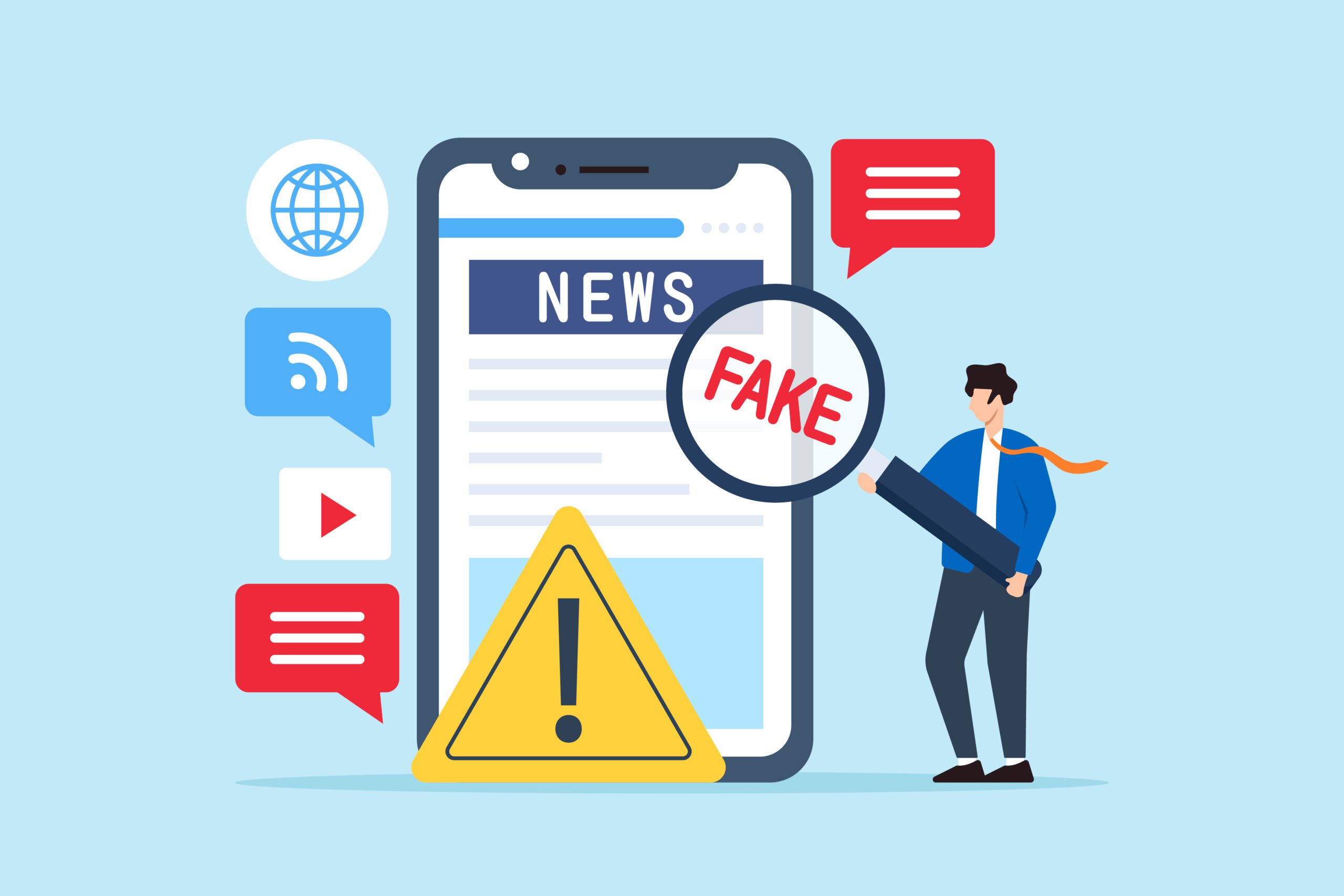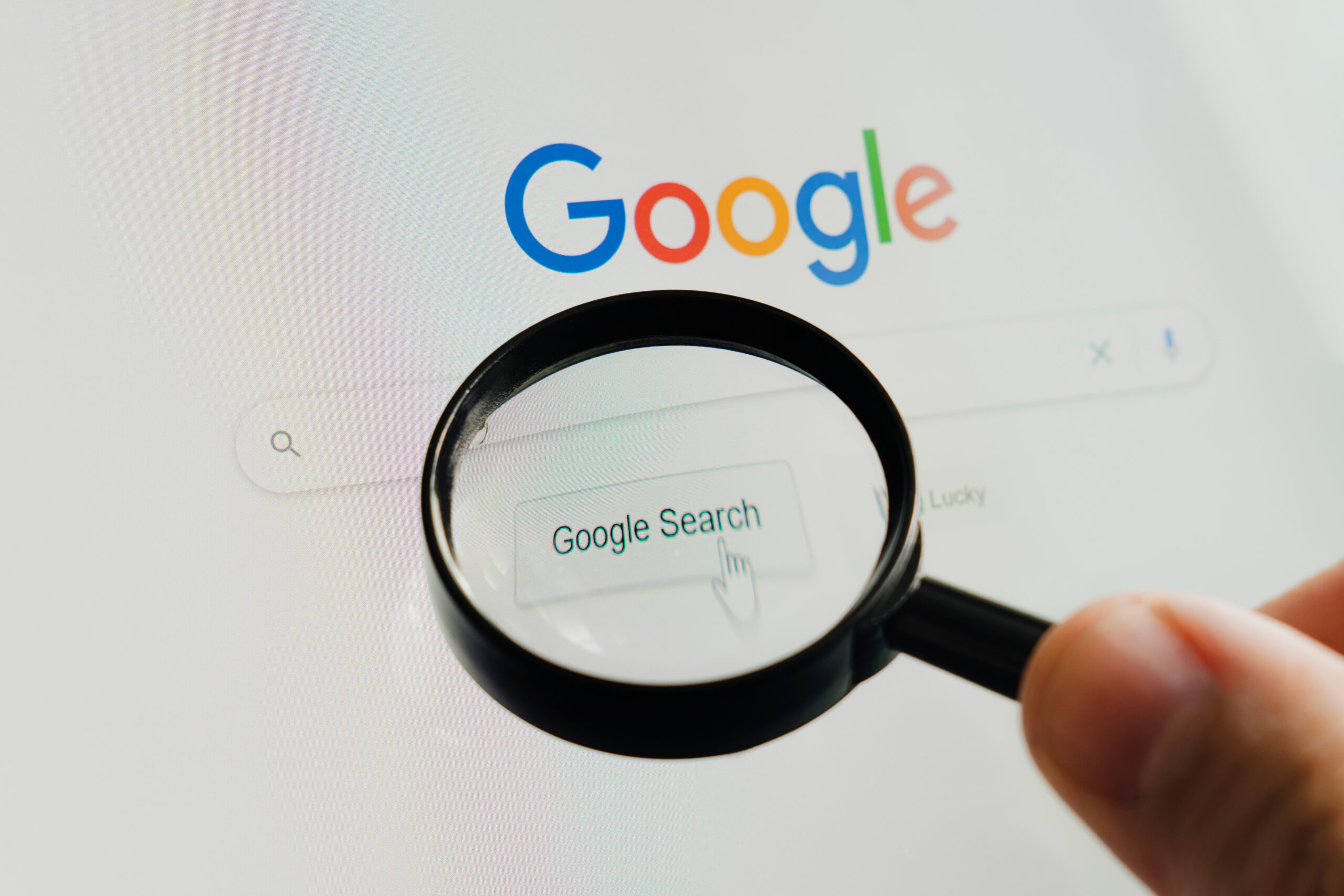Podcasting: A Tool for Repairing and Enhancing Reputation

Podcasting is a powerful tool for repairing and enhancing reputation in today’s society. Reputation is crucial in personal and professional life, influencing how people perceive and trust individuals and organizations.
Podcasting, as a popular form of audio media, allows for direct communication with a wide audience and can help repair damaged reputations by addressing misconceptions and rebuilding trust. It can also enhance reputation by positioning individuals and organizations as experts through valuable content.
It is important to make the most of podcasting for reputation management, targeting the right audience, creating engaging content, and promoting it effectively.
The Role of Reputation in Today’s Society
Reputation is vital in today’s society, shaped by an individual or company’s actions and past experiences. A positive reputation fosters trust and credibility, while a negative one leads to skepticism and exclusion.
In the digital age, reputation holds even more significance due to its impact on personal and professional opportunities. It’s built through consistent positive interactions, ethical behavior, and delivering on promises.
Companies with good reputations attract customers, investors, and top talent, while individuals with strong reputations build successful relationships and access opportunities. Therefore, safeguarding and improving one’s reputation through responsible and ethical actions is essential.
Why is Reputation Important?
Reputation is important because it can significantly impact an individual’s personal and professional success. A positive reputation can lead to various opportunities and benefits, while a damaged reputation can have detrimental effects. Trust, credibility, opportunities, influence, longevity, customer loyalty, image protection, and risk mitigation are reasons why reputation is important.
How is Reputation Damaged?
Reputation can be damaged in various ways, emphasizing the need to maintain a positive image. Negative publicity stemming from scandals, controversies, or unethical behavior is a common factor that tarnishes reputation. Poor customer experiences and dissatisfied customers sharing their grievances can also harm reputation, especially with the amplifying effect of social media and online review platforms.
Negative reviews, feedback, and the rapid spread of misinformation or false rumors in the digital age can significantly impact reputation. Additionally, a lack of transparency or dishonesty in actions, intentions, or handling mistakes can erode trust and damage reputation.
To safeguard and enhance their reputation, individuals and organizations should proactively manage it. This involves monitoring and addressing feedback, resolving customer complaints, and maintaining transparency in their actions. Building a strong reputation requires ongoing effort and responsible conduct.
The Power of Podcasting
Podcasting has emerged as a potent tool for communication and engagement, leveraging “The Power of Podcasting.” Unlike traditional media, podcasts offer accessibility and flexibility, allowing audiences to create and consume content on their own terms. This medium enables individuals and businesses to establish expertise, discover and share valuable insights, and connect with their audience personally.
“The Power of Podcasting” also facilitates networking and collaboration opportunities, where hosts and guests can exchange knowledge and experiences. Podcasts enhance brand reputation and credibility by consistently delivering high-quality content, positioning businesses as industry thought leaders. In-depth discussions and analysis in podcasts provide a deeper understanding of discussed topics.
To fully utilize “The Power of Podcasting,” prioritizing content quality, maintaining consistency in publishing, and actively engaging with listeners is essential. Individuals and businesses can effectively communicate their message, strengthen their reputation online, and forge meaningful connections with their audience.
What is Podcasting?
Podcasting distributes digital audio and video content online, allowing users to listen to audio programs conveniently. It has gained popularity due to its accessibility and flexibility. Unlike traditional radio broadcasts, podcasts can be downloaded or streamed on various devices, making it easy for listeners to enjoy content anytime and anywhere.
Podcasting allows individuals and organizations to share knowledge, experiences, and stories with a broad audience, fostering connections with like-minded listeners. Subscribing to podcasts enables automatic updates, ensuring listeners stay current with their favorite shows.
Podcasts cover diverse topics, including entertainment, education, news, business, sports, and more, providing valuable information and entertainment. In summary, podcasting offers a convenient and engaging way to consume audio content, making it a popular medium for creators and listeners.
How Does Podcasting Influence Reputation?
Establishing Thought Leadership: Podcasting allows individuals and organizations to share valuable insights and engage in meaningful conversations, building credibility and trust. This establishes them as thought leaders in their industry, enhancing their reputation as knowledgeable and reliable sources of information.
Wider Reach and Visibility: Podcasts and blogs can reach a large global audience, expanding networks, attracting new customers, doing more traffic and gaining recognition within their field. The increased exposure contributes to a positive reputation by reaching more people.
Showcasing Professional Credentials: Featuring expert guests on podcasts allows hosts to leverage their guests’ reputations to enhance their own. This association with respected professionals boosts credibility and strengthens its reputation.
Reputation Management: Podcasts can address important topics and provide valuable insights, allowing hosts to shape the narrative around their brand. They can use podcasts to address negative perceptions, correct misconceptions, and effectively demonstrate expertise in managing reputation.
In summary, podcasting has a powerful influence on reputation by establishing thought leadership, increasing reach and visibility, showcasing professional credentials, and effectively managing reputation. Individuals and organizations can leverage podcasting to enhance their reputation and become credible and trustworthy entities in their respective fields.
Success Stories of Podcasting for Reputation Repair
Podcasting is a powerful tool for reputation repair, with success stories like a renowned author addressing controversy and a CEO addressing allegations through open, honest podcasts. These cases highlight how podcasting humanizes individuals and organizations, rebuilding trust and fostering meaningful conversations with their audience. Podcasts provide a personalized and accessible means for reputation repair.
Benefits of Podcasting in Reputation Enhancement
Podcasting offers myriad benefits for reputation enhancement, including increased visibility, authority, and credibility. It serves as a platform for brand building and promotion, allowing individuals and organizations to showcase their expertise and professional credentials and engage with their audience for brand recognition. Additionally, podcasting facilitates networking opportunities by inviting industry experts as guests, fostering relationships. It enhances audience engagement through a personal connection and influences listeners with insightful discussions. It also aids in SEO by optimizing content for search engine rankings. Lastly, podcasting offers monetization avenues like sponsorships, advertising, and premium content creation, further enhancing reputation and income.
Podcasting as a Tool for Repairing Reputation
Podcasting has emerged as a potent online reputation management and repair tool. Individuals and organizations can use it to address negative perceptions, share transparent information, and rebuild trust and credibility by providing a platform for authentic and empathetic communication. Podcasts enable longer and more comprehensive discussions and can include diverse viewpoints through guest participation.
A successful example involves a renowned actress who used her podcast to candidly address rumors, offering clarity and fostering a connection with her audience, ultimately restoring her reputation. Podcasting’s unique ability to engage and connect with listeners makes it a valuable medium for reputation repair and trust-building.
How Can Podcasting Help Repair a Damaged Reputation?
Podcasting is a potent tool for repairing a damaged reputation, allowing individuals or organizations to address misconceptions directly and engage authentically with their audience. It serves as a platform to showcase expertise and rebuild trust and credibility. Collaborating with industry experts enhances reputation while highlighting success stories shifts focus from negative experiences. The increasing popularity of podcasts, with monthly listenership growing significantly over the last decade, offers a substantial opportunity to mend a damaged reputation and reach a broader audience.
Podcasting as a Tool for Enhancing Reputation
Podcasting is a valuable platform for individuals and businesses to enhance their reputation by positioning themselves as industry thought leaders by sharing expertise and knowledge. Regular podcast episodes establish credibility and trust while sharing success stories showcases achievements. Collaborative guest interviews with experts and influencers further boost credibility, and the personal connection with the audience fosters authenticity.
To effectively enhance reputation through podcasting, delivering high-quality, relevant content, engaging with the audience on various platforms, seeking feedback for improvement, and maintaining a consistent publishing schedule is important. These strategies help establish trust and authority in the field, contributing to overall success and growth.
How Can Podcasting Enhance an Individual’s or Organization’s Reputation?
Podcasting is a valuable tool for enhancing an individual’s or organization’s online reputation by establishing credibility, expanding reach, building meaningful connections, demonstrating industry knowledge, and enhancing online visibility.
Podcasting fosters trust and thought leadership by sharing valuable insights and expertise, attracting a wider audience and building deeper connections with listeners. It also serves as a platform to showcase industry knowledge, ultimately boosting reputation through increased visibility and credibility in the digital space.
Best Practices for Using Podcasting to Repair and Enhance Reputation
Identifying and Targeting the Right Audience
Identifying and targeting the right audience is of utmost importance in podcasting. To effectively connect and engage with your target audience, it is crucial to have a clear understanding of who they are. This understanding will allow you to customize your content and marketing strategies to resonate with them and capture their attention and interest.
Here are some essential factors to take into consideration when it comes to identifying and targeting the appropriate audience for your podcast:
- Demographics
- Topic Specialty
- Market Research
- Personalization
- Promotion and Distribution
By accurately identifying and effectively targeting the appropriate audience, you can cultivate a devoted listener base, boost engagement, and establish your position as a respected thought leader within your niche. Always continually analyze listener data and feedback, making necessary adjustments to your content strategy to maintain ongoing success.
Creating Engaging and Authentic Content
Consider your audience’s preferences and needs when crafting captivating and authentic podcast content. Opt for relevant and timely topics, drawing inspiration from current trends and events within your niche. Engage your listeners by weaving engaging narratives through personal anecdotes, case studies, or real-life examples. Boost your content’s credibility and appeal by inviting featured guests or speakers with unique insights. Lastly, maintain a conversational tone throughout your podcast, fostering relatability and ensuring your message resonates effectively with your audience.
Promoting and Distributing the Podcast
To maximize your podcast’s reach and visibility, employ various strategies. Share episodes across social media platforms and engage with your audience, encouraging them to share with their networks. Collaborate with bloggers and influencers in your niche through guest posts to tap into their audience. Improve search engine visibility by optimizing titles, descriptions, and tags with relevant keywords. Forge partnerships with other podcasts or industry leaders for cross-promotion. Leverage your professional networks and affiliations to market your podcast effectively. Utilize marketing tools like email newsletters, press releases, and advertising platforms. Focus on creating valuable content to keep listeners engaged and encourage sharing. Submit your podcast to industry-specific websites and apps. Explore monetization options to support its growth. These strategies collectively enhance your podcast’s reach and visibility.



